Gender Diversity
A Brand Laboratory: Interview with Foodology Co-Founder Daniela Izquierdo
11 August 2020
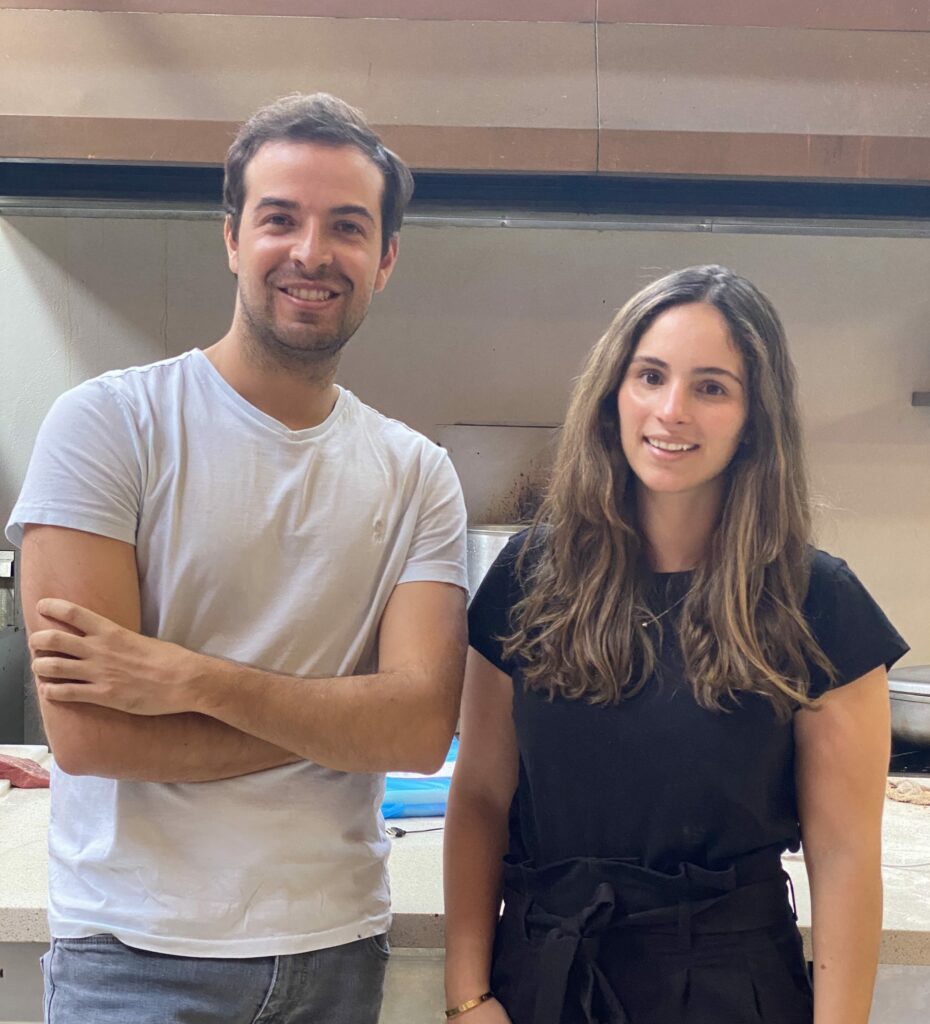
Company: Foodology
Investors: Jaguar Ventures, XFactor, Ideas VC & Impact Investing, NOA Capital, Innogen Capital Ventures
Interview with: Co-Founder Daniela Izquierdo
Dark kitchens, also known as “ghost”, “virtual”, or “cloud” kitchens had already risen to prominence during 2019 as cooking facilities that are made to function under a delivery-only business model that give brands an opportunity to shorten their iteration cycles and increase their concept offering without incurring significant set up costs. During the first half of 2020 and due to the global C19 crisis, the adoption of this food processing and fulfillment strategy has accelerated as consumers expect faster delivery times and increased menu optionality while complying with social isolation guidelines.
Foodology, a Colombian foodtech leveraging the dark kitchen model to launch restaurant brands in Bogota, founded in 2019 by former Harvard Business School classmates Daniela Izquierdo and Juan Guillermo Azuero, has already delivered over 90,000 orders and plans to expand its coverage into a Medellin by the end of 2020.
Foodology raised their first disclosed capital in July 2020 backed by Jaguar Ventures, XFactor, Ideas VC & Impact Investing, NOA Capital, Innogen Capital Ventures, and Apostolos Apostolakis of VentureFriends. LAVCA interviewed Foodology co-founder Daniela Izquierdo for more insight into the company’s business model and its current standing amid the C19 crisis.
LAVCA: Why did you launch Foodology back in 2019?
Our dream to launch Foodology started in a classroom at Harvard Business School. Both Juan Guillermo Azuero and I have always been passionate about the restaurant industry and took the only course dedicated to this industry, where we identified how fast the food delivery trend has been growing, and how little restaurants have innovated to better serve this market.
We also both shared a passion for coming back to Colombia, our home country, and creating a business that would help shape a new economy. We started building Foodology right after graduation and opened our first kitchen October 2019. Today we have six kitchens in Bogota and will launch our first kitchen in Medellin by the end of this month.
LAVCA: Is the primary goal of a virtual kitchen to optimize the consumer experience or to streamline costs from a business perspective?
Working on both simultaneously is important. That is the main reason we at Foodology have a two sided approach. First we want to create amazing brands that have great menus and products and an optimal customer experience, so we need to make sure we have the correct price-to-quality ratio, the best packaging, the shortest cooking times and the lowest error rate for each of our brands. After we fine-tune the brand experience, our second goal is to have 100% utilization in our kitchens, allowing us to have an efficient cost structure and an optimal operation.
LAVCA: How long does it take Foodology to launch a new brand?
Launching a new brand can take anywhere from two weeks to two months, depending on the complexity of the brand. At the beginning of the pandemic we launched a home-style comfort food brand in just five days, since we wanted to make sure our customers had an option to cook at home. In our view, Foodology is a brand and concept laboratory where we are constantly testing multiple brand strategies, and products.
Our current brands target different customer segments at different price points, and even more importantly, our different brands target different moments of the day. Being able to offer breakfast, lunch, dinner, and a snack is what allows us to have an optimal utilization in our kitchen infrastructure.
LAVCA: Is Foodology purely focused on optimizing the food processing experience within the kitchen, or is the team also considering eventually expanding into logistics and distribution?
We are completely focused on what happens within the kitchen and are not considering expanding into logistics. We feel this has been a big mistake made in the past by food delivery startups. It is a high-cost and operationally-complex business in which you need a huge volume to be efficient. Additionally, there are plenty of logistical operators who already offer on demand services.
LAVCA: How is Foodology navigating the current C19 environment?
C19 has had a positive impact in the food delivery business. We have seen over 30% month over month growth in the past four month period. Fortunately, food delivery in Colombia continued operating even throughout the strictest quarantine.
You may be interested in...
-
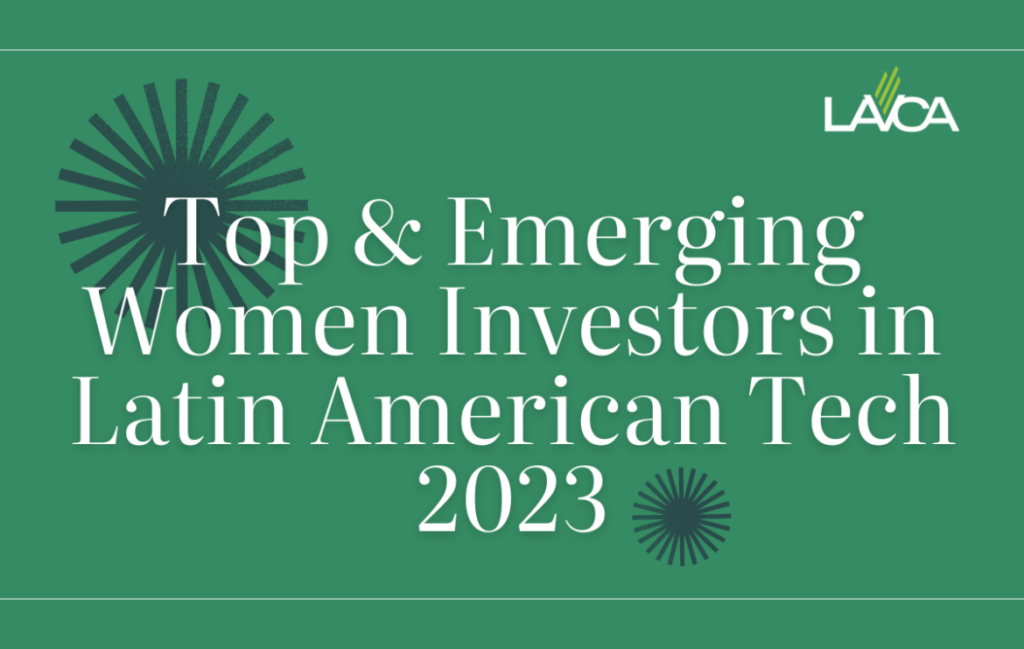
Top & Emerging Women Investors in Latin American Tech 2023
View LAVCA’s list of Top Women Investing In Latin American Tech. Women in venture...
-
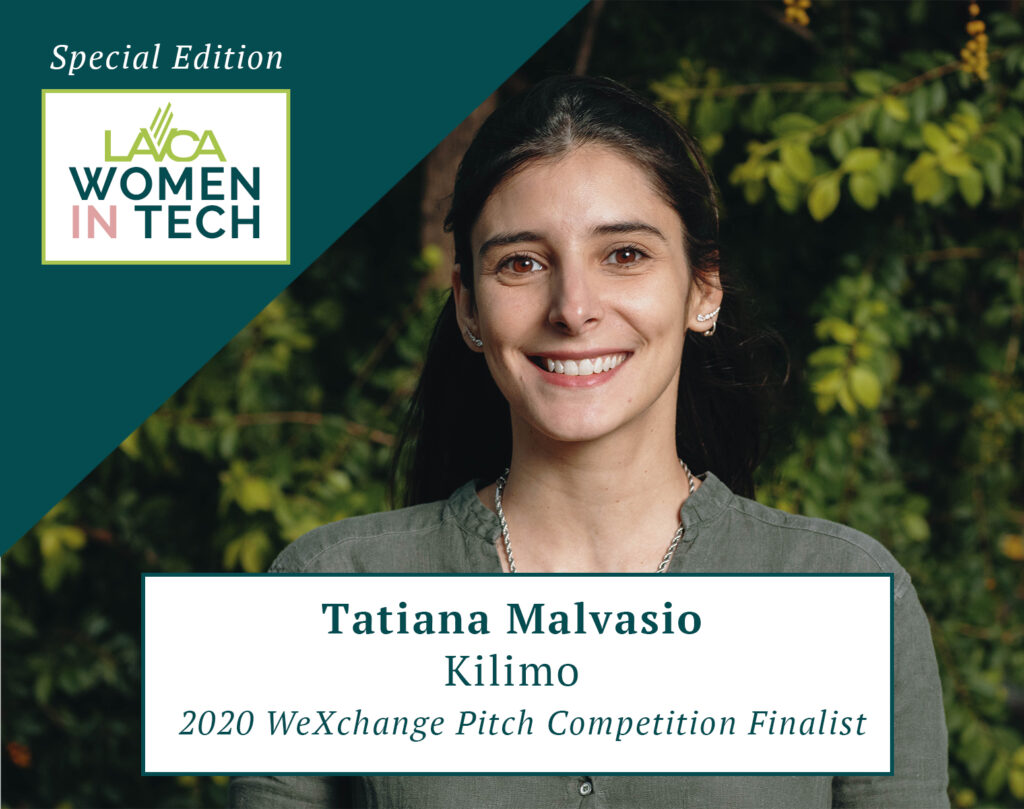
Satellite Analytics & Irrigation Systems: Interview with Kilimo COO Tatiana Malvasio
Company: Kilimo Investors: NXTP Ventures, Alaya Capital, The Yield Lab, Xpand...
-
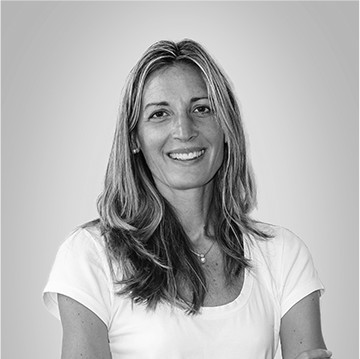
Maria Pia Iannariello, MGM Innova Capital
LAVCA recently spoke with Maria Pia Iannariello, Co-Founder & COO of MGM Innova Capital,...
-
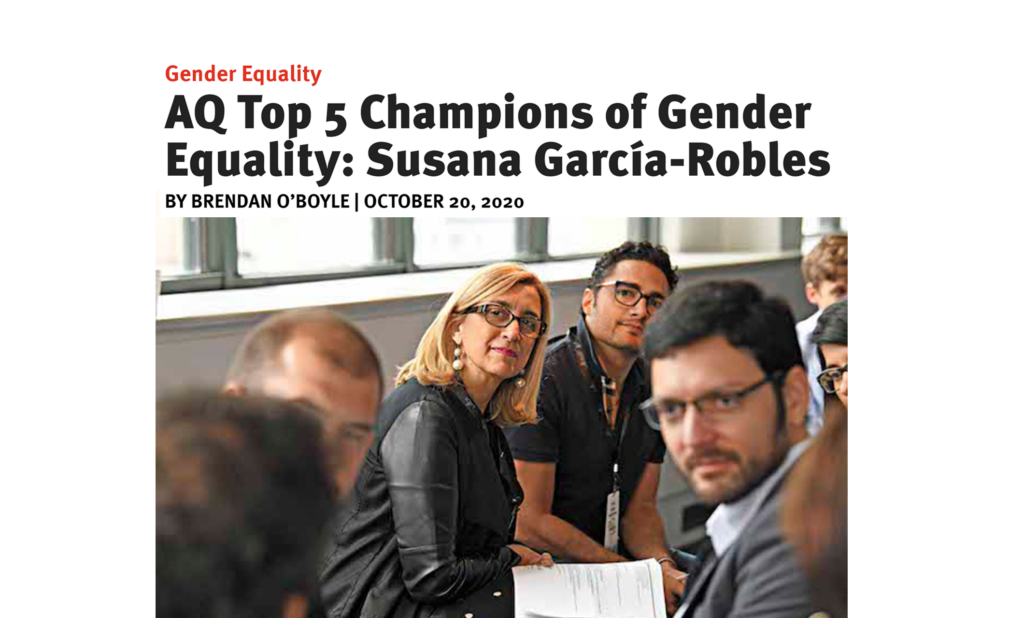
AQ Top 5 Champions of Gender Equality: Susana García-Robles
♀️ READ Americas Quarterly article Top 5 Champions of Gender Equality,...